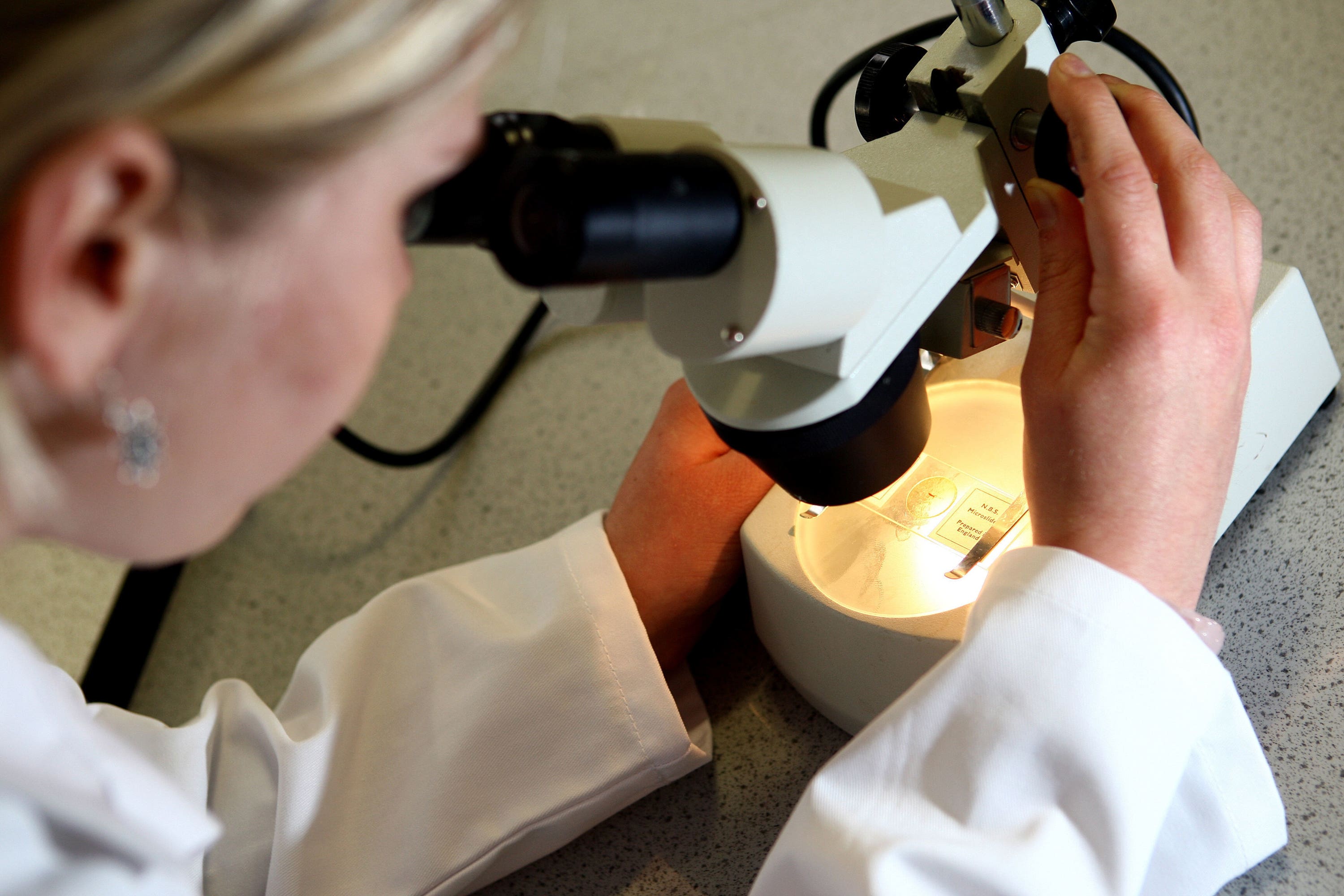New hope as scientists uncover how to slow diabetic kidney disease progression
Researchers said their work could help the nearly five million people in the UK with diabetes.

Scientists have identified the mechanism by which a commonly used blood pressure medication reduces the progression of kidney damage caused by diabetes.
Researchers from the University of Bristol have discovered that spironolactone has a protective effect on the kidney’s blood vessels, which helps reduce protein leak into the urine.
Recent clinical trials have shown spironolactone to be an effective treatment for slowing the progression of diabetic kidney disease but the drug can have adverse side-effects, including high blood potassium levels – hyperkalemia – in patients.
The experts said their findings, published in the journal JCI Insight, could help scientists find new alternative treatments which do not have adverse side-effects.
Nearly five million people in the UK are thought to have diabetes.
This early-stage research gives us insight into more effective ways to halt kidney damage and prevent kidney failure
Those with diabetes are around four times more likely to need either dialysis or a kidney transplant.
An international team of scientists, including experts from the Bristol Medical School, looked into how spironolactone prevents damage to the kidneys.
They found that the drug had a protective effect by helping preserve a gel-like layer on the surface of blood vessels within the kidney, known as glycocalyx.
The team found spironolactone reduced the activity of a group of enzymes, called matrix metalloproteases, helping to preserve the glycocalyx layer.
Dr Matthew Butler, the study’s joint senior author, consultant senior lecturer and MRC clinician scientist at the University of Bristol and Honorary Nephrology Consultant at North Bristol NHS Trust (NBT), said: “This study is really exciting for us because it confirms that blocking mineralocorticoid receptors using spironolactone preserves kidney function by acting on the glycocalyx.
“Our next steps will be to look at repurposing drugs that target matrix metalloproteases enzymes (MMPs) to see if they could be of benefit in patients with kidney disease and avoid the troublesome side-effects associated with mineralocorticoid receptor blockers.
“If we see that same level of protection using these more specific drugs, then patients will see significant benefits whilst avoiding the risks associated with high blood potassium levels.”
Dr Faye Riley, research communications manager at Diabetes UK, which funded the study, said: “Kidney damage is a common complication for people with diabetes.
“If spotted early enough, it can be slowed down with treatment – but options are limited once it has advanced.
“By piecing together precisely how an existing medication works to slow down kidney damage, this early-stage research gives us insight into more effective ways to halt kidney damage and prevent kidney failure.
“We look forward to further research to harness this potential and help people with diabetes to live well and longer.”
Bookmark popover
Removed from bookmarks